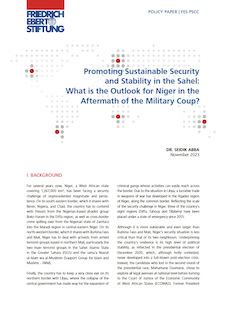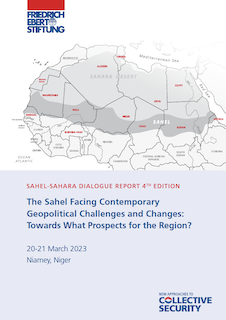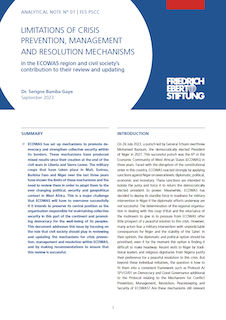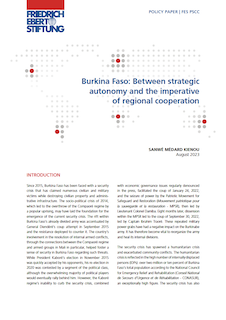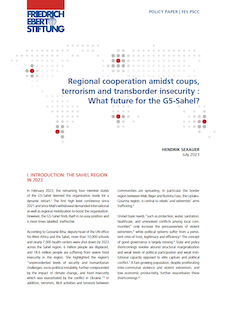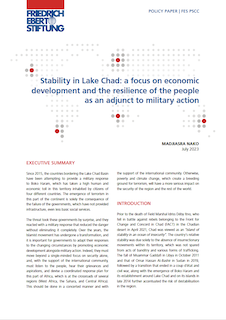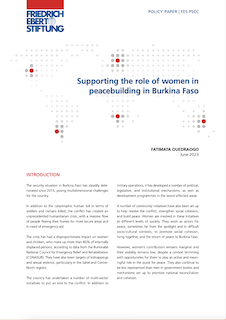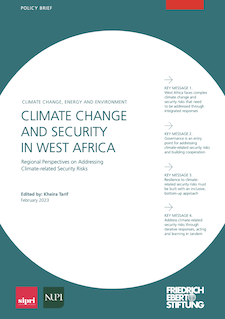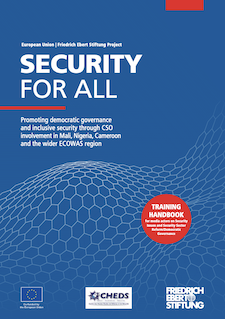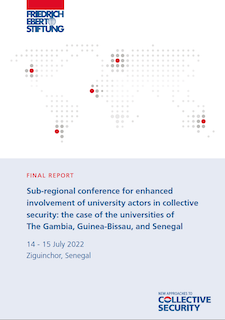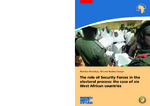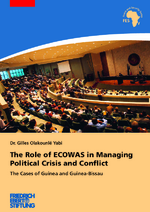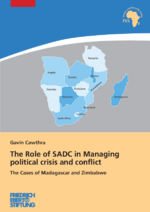This is a video player service.
Processing Company
Google Ireland Limited
Google Building Gordon House, 4 Barrow St, Dublin, D04 E5W5, Ireland
Data Purposes
This list represents the purposes of the data collection and processing.
Technologies Used
- Cookies (if Privacy-Enhanced Mode is not activated)
Data Collected
This list represents all (personal) data that is collected by or through the use of this service.
- Device information
- IP address
- Referrer URL
- Videos viewed
Legal Basis
In the following the required legal basis for the processing of data is listed.
- Art. 6 para. 1 s. 1 lit. a GDPR
Location of Processing
European Union
Retention Period
The retention period is the time span the collected data is saved for the processing purposes. The data needs to be deleted as soon as it is no longer needed for the stated processing purposes.
The data will be deleted as soon as they are no longer needed for the processing purposes.
Data Recipients
- Alphabet Inc.
- Google LLC
- Google Ireland Limited
Data Protection Officer of Processing Company
Below you can find the email address of the data protection officer of the processing company.
https://support.google.com/policies/contact/general_privacy_form
Transfer to Third Countries
This service may forward the collected data to a different country. Please note that this service might transfer the data to a country without the required data protection standards. If the data is transferred to the USA, there is a risk that your data can be processed by US authorities, for control and surveillance measures, possibly without legal remedies. Below you can find a list of countries to which the data is being transferred. For more information regarding safeguards please refer to the website provider’s privacy policy or contact the website provider directly.
Worldwide
Click here to read the privacy policy of the data processor
https://policies.google.com/privacy?hl=en
Click here to opt out from this processor across all domains
https://safety.google/privacy/privacy-controls/
Click here to read the cookie policy of the data processor
https://policies.google.com/technologies/cookies?hl=en
Storage Information
Below you can see the longest potential duration for storage on a device, as set when using the cookie method of storage and if there are any other methods used.
- Maximum age of cookie storage: 10 years, 2 days
